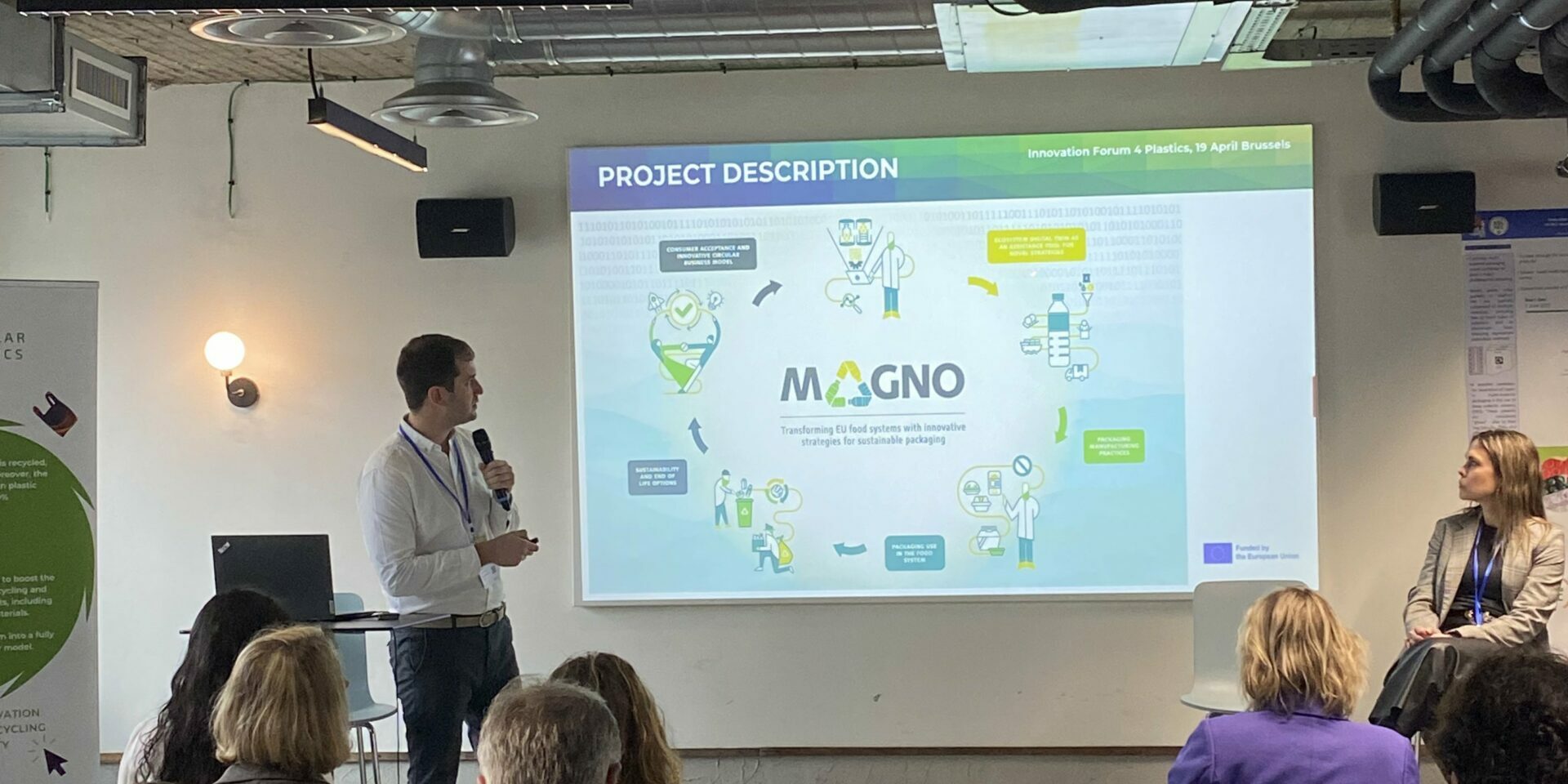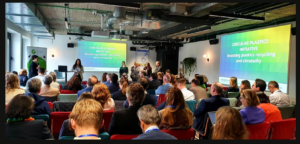On regulatory barriers, Wael Hamd from University of Balamand, stated that plastics are chemically recycled by breaking them down into molecular building pieces that can be reused. This procedure, also known as advanced recycling, is different from mechanical recycling. This latter, which is still in use, chops up used plastic into parts that are blended into virgin plastic, which is made from oil or natural gas, to add recycled content. Although advanced recycling plays an important role in the general recycling scheme of plastics, it is considered as energy extensive and pollution generating process. Thus, the undesirable effect of chemical recycling deserves to be discussed. 
On technical barriers, Luigi Operato from DNV, said that the recyclability and environmental viability of bioplastics are heavily dependent on its base design and the choice of raw materials. Although most of the bioplastics are claimed to be biodegradable, their complete degradability is realized under specific conditions. So, while promoting the use of bioplastics, the development of necessary infrastructure should also be encouraged to close the loop.








